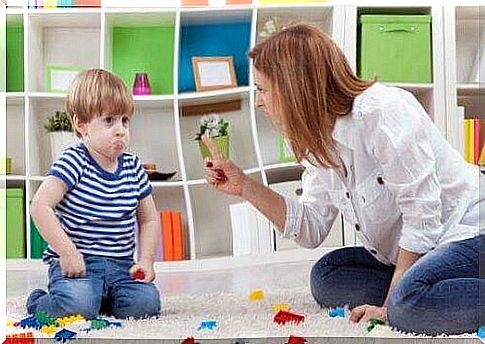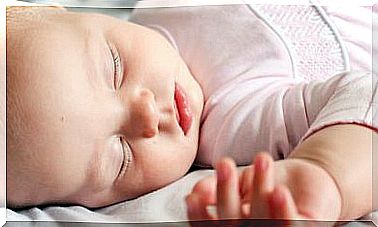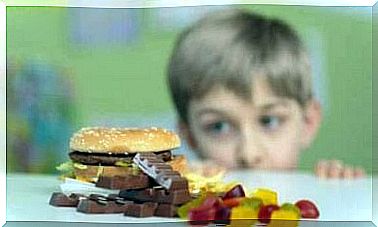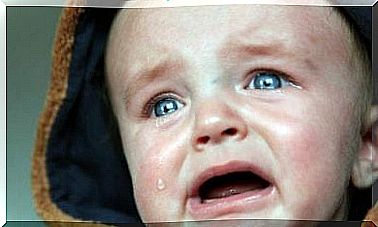Child Rearing Styles And Characters

It is well known that parents have a great influence on the way their children’s characters develop. Social scientists believe that the family is the greatest influence on socialization. As a result , parenting styles play a major role in the psychological and social development of children.
Therefore, the way parents choose to raise their children is of great influence. Your parenting style refers to the way you approach your children’s needs for guidance and discipline on a day-to-day basis. This includes how you make decisions and resolve conflicts in the house.
To what extent can our way of parenting influence the development of the character of our children?
Parenting Styles: Discipline and Affection
The style parents use to raise and raise their children is not just a tool for instilling desirable traits and teaching children to behave. Children also acquire a range of skills and personal characteristics as a result.
Through the psychology of developmental stages, we have now come to understand that there are two basic dimensions when it comes to raising our children: the authoritative dimension and the permissive dimension.
- Authoritative: This can also be seen as control or discipline. It is present in parents whose behavior toward their children is largely related to establishing a desired behavior.
- Permissive: This is mainly based on love. That is, the parents convey their affection and concern for their children in a way that makes them feel comfortable and safe in their presence.
Parenting Style Classification
Clinical psychologist Diana Baumrind (1927-2018) was a pioneer in describing parenting styles. She classified ways of parenting according to how they combine the different dimensions of affection and discipline. Baumrind then described four parenting styles according to these two dimensions:
- Authoritarian. This style is characterized by the predominant use of discipline. Parents have high expectations that children meet standards. Moreover, in this approach there is also largely one-way communication.
- tolerant. This style is the opposite of the authoritarian style. These parents base their philosophy on affection. They let children make their own decisions and exercise little control over them.

- Negative: The emotionally absent or uninvolved parents. This is considered to be the worst of the parenting styles because the parents are not present in any of the parenting dimensions.
- Democratic : This is considered the ideal style or most appropriate. Thus, in this view, parents make an effort to teach good behavior through a system of rules based on interaction and love.
Consequences for the character of the child
There is no doubt that the way you raise your child has a great effect on his character. It is a determinant of his performance at school, as well as his social relationships, his emotional security, and even his potential future success.
Maccoby and Martin in Socialization in the Context of the Family (1983) describe each of the parenting styles and the subsequent effects noted in children’s character:
- Adolescents raised under the authoritarian style have a high level of academic achievement. However, they also have low self-esteem, are not independent and have few social skills.
- Permissive parenting generates high self-esteem and confidence. However, the children are often self-centered, disobedient and perform poorly in school.
- Very little self-control and aggressiveness are some of the traits that result from the neglected or uninvolved style of parenting. The children raised in this way are also more likely to develop mental disorders.
- Parents who use the democratic parenting style create a family climate based on mutual respect and cooperation. As a result, children develop a self-image that is realistic and positive. They also have a lot of motivation to be successful. This also translates into good performance at school.

Reasoning with children
Finally, this theory of parenting styles should be seen together with a more general understanding of children’s behavior. That is, the styles may vary depending on the specific needs and condition of each family.
However, it is clear that the democratic parenting style is very efficient. It leads to good communication between parent and child.
Finally, explaining to your child why we follow certain standards shows sensitivity to their needs. It creates an environment full of love to communicate with him.
In addition, this will help your child develop a realistic outlook on life and a healthy, positive character.









